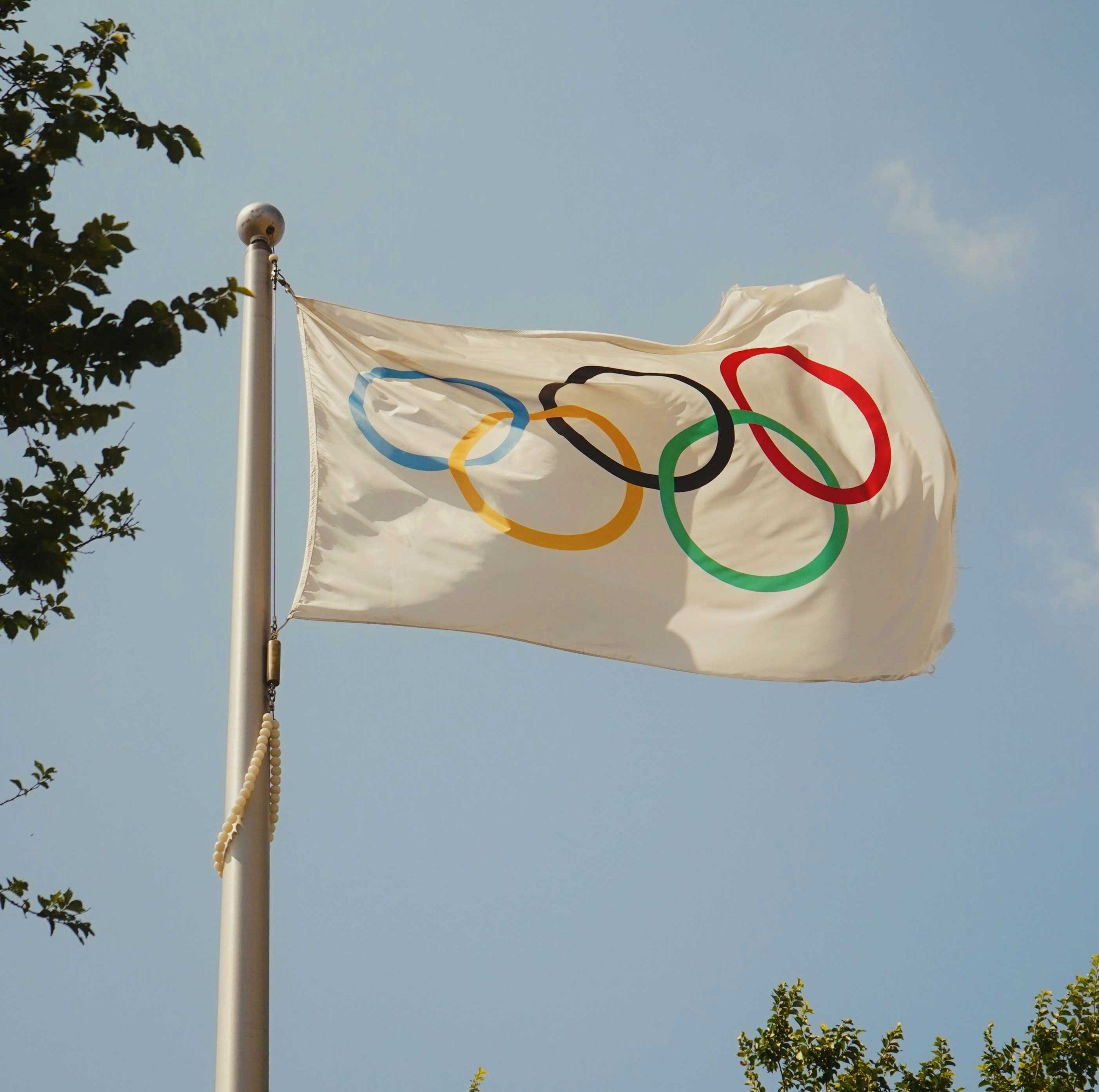After an embattled few days, Starbucks caught the attention of millions on Tuesday, April 17, when they announced that they would close 8,000 of its stores for what is being called "racial-bias training."
The training will take place on May 29, and an estimated 175,000 Starbucks employees will take part.
The announcement comes a day after Johnson gave his first public interview since two young black men were arrested at a Philadelphia Starbucks when a manager called the police on them. Outrage over the incident went viral, leading to responses from the city's mayor and U.S. Senator Bob Casey:
The store manager who called the police has since left the company. Johnson traveled to Philadelphia where he met privately with the two men and earned some praise for his no-nonsense apology.
"I've spent the last few days in Philadelphia with my leadership team listening to the community, learning what we did wrong, and the steps we need to take to fix it," he said in a statement announcing the store closures.
Several groups will help plan the training and monitor its progress.
It could be easy and understandable to write this off as a public relations stunt. After all, the stores will only be closed for a few hours and the exact conditions of the training are still being formulated.
However, Starbucks revealed that former Obama Attorney General Eric Holder will help plan out the training, along with NAACP Legal Defense and Education Fund President Sherrilyn Ifill, and Anti-Defamation League CEO Jonathan Greenblatt, amongst others.
"The company's founding values are based on humanity and inclusion," Starbucks Executive Chairman Howard Schultz said. "We will learn from our mistakes and reaffirm our commitment to creating a safe and welcoming environment for every customer."
One day of training won't end systemic racism — but it's another step toward progress.
Changing cultural norms about race will take a relentless pursuit of justice. It won't happen overnight and it can't be done in a few hours. That's something even Kevin Johnson himself acknowledged, saying:
"Closing our stores for racial bias training is just one step in a journey that requires dedication from every level of our company and partnerships in our local communities."
Still, the move by Starbucks sends a message that most people in the company want to do better, and those affected by racism and other forms of prejudice are increasingly being heard and seen when others speak out.









 Many people make bucket lists of things they want in life.
Many people make bucket lists of things they want in life. 

 sipping modern family GIF
sipping modern family GIF 
 Thomas Jefferson's Monticello.via
Thomas Jefferson's Monticello.via  The Jefferson Memorial in Washington, D.C.via Joe Ravi/Wikimedia Commons
The Jefferson Memorial in Washington, D.C.via Joe Ravi/Wikimedia Commons
 The 1992 Olympics were held in Barcelona. Photo by
The 1992 Olympics were held in Barcelona. Photo by